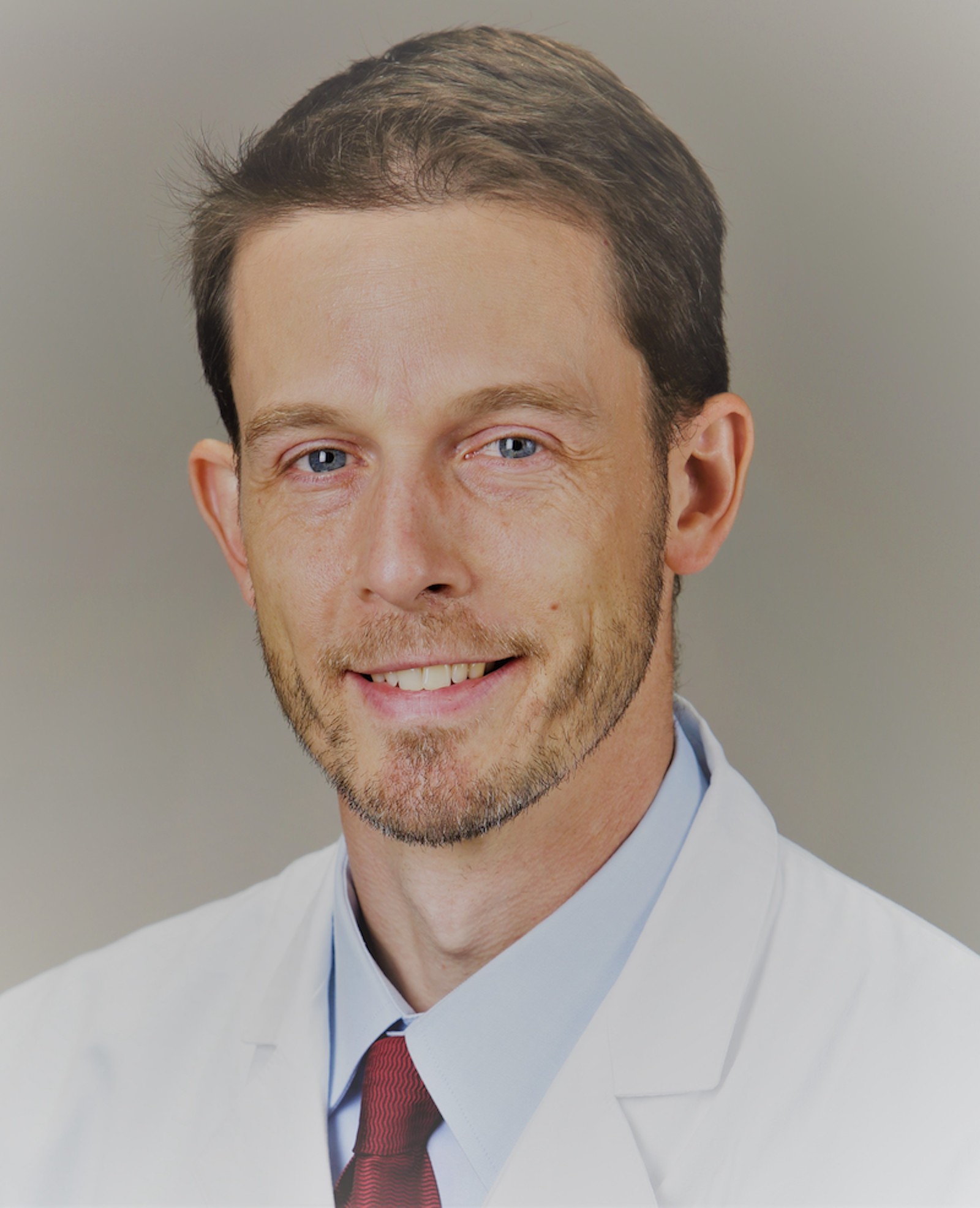Chief, Physiology Unit
Specialty(s): Critical Care Medicine, Internal Medicine
Education:
B.S., College of William and Mary; M.Sc. in Biological Anthropology and D.Phil. in Human Genetics, University of Oxford; M.D., Harvard Medical School

Biography
Dr. Ackerman received his D. Phil. from the University of Oxford where he studied variation in cytokines genes with Dominic Kwiatkowski. He earned a medical degree from Harvard Medical School and completed an internship and residency in internal medicine at Massachusetts General Hospital. In 2007, he came to the NIH Clinical Center as a clinical fellow and went on to become board certified in internal medicine and critical care medicine. In 2011, he was awarded a spot in the NIAID Transition Program in Clinical Research to study the metabolic determinants of nitric oxide signaling and endothelial dysfunction in severe malaria. He began his tenure-track work on endothelial alpha globin in the NHLBI sickle cell branch in 2014. He moved to the NIAID Laboratory of Malaria and Vector Research in 2017 to expand his clinical research program at the NIH Clinical Center and to engage with NIAID’s International Centers for Excellence in Research.
Dr. Ackerman was named an NIH-Lasker clinical research scholar in 2014. He received NIAID’s mentor of the year award in 2014 and the NHLBI director’s learning environment award in 2017.
Dr. Ackerman has mentored students and fellows at all levels of training. He seeks to provide opportunities for individuals from backgrounds that have previously been underrepresented in science by mentoring trainees in the NIH Academy Enrichment Program and the Intramural NIAID Research Opportunity program. He serves as an advisor in the NIH’s Medical Research Scholars Program and on the selection committee for the Malaria Research Program’s collaborative fellowship.
Inquiries about predoctoral and postdoctoral fellowships, as well as Ph.D. studentships, in the NIH Graduate Partnership Program are welcome.

